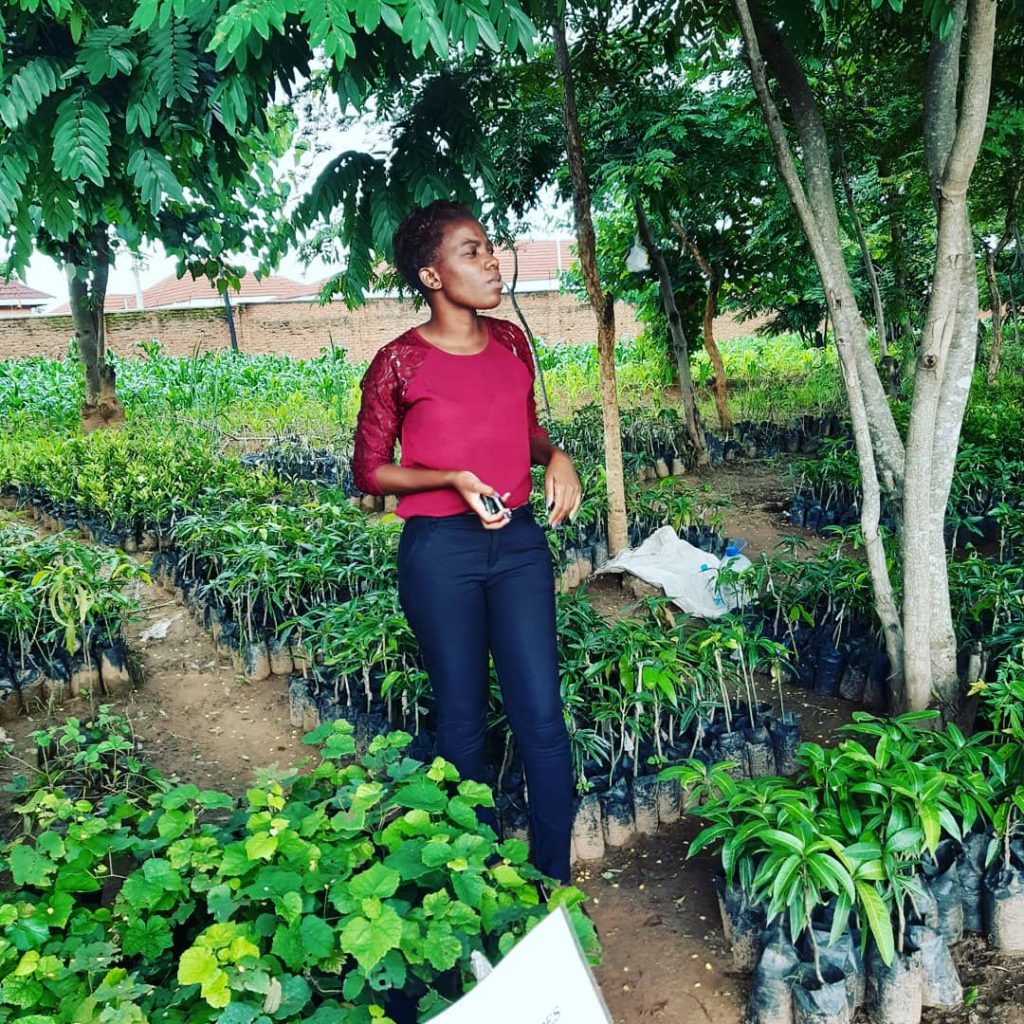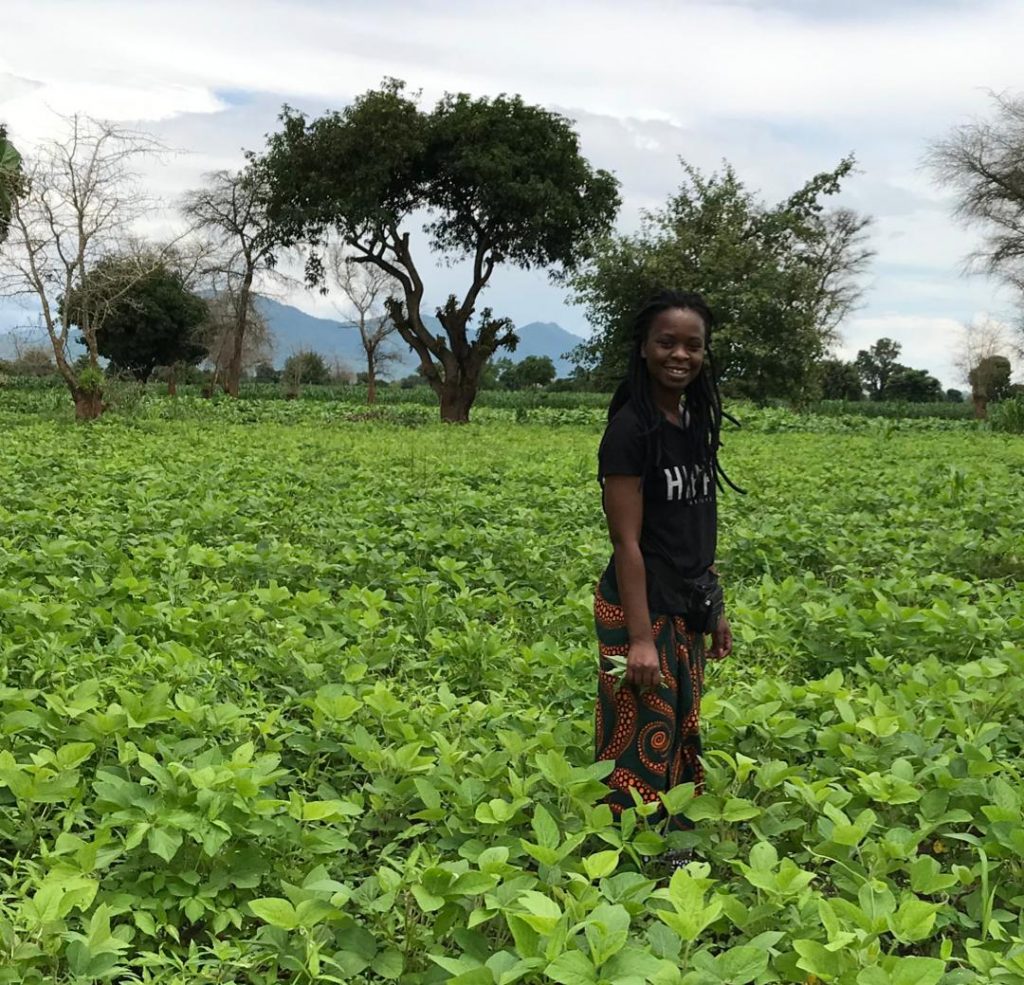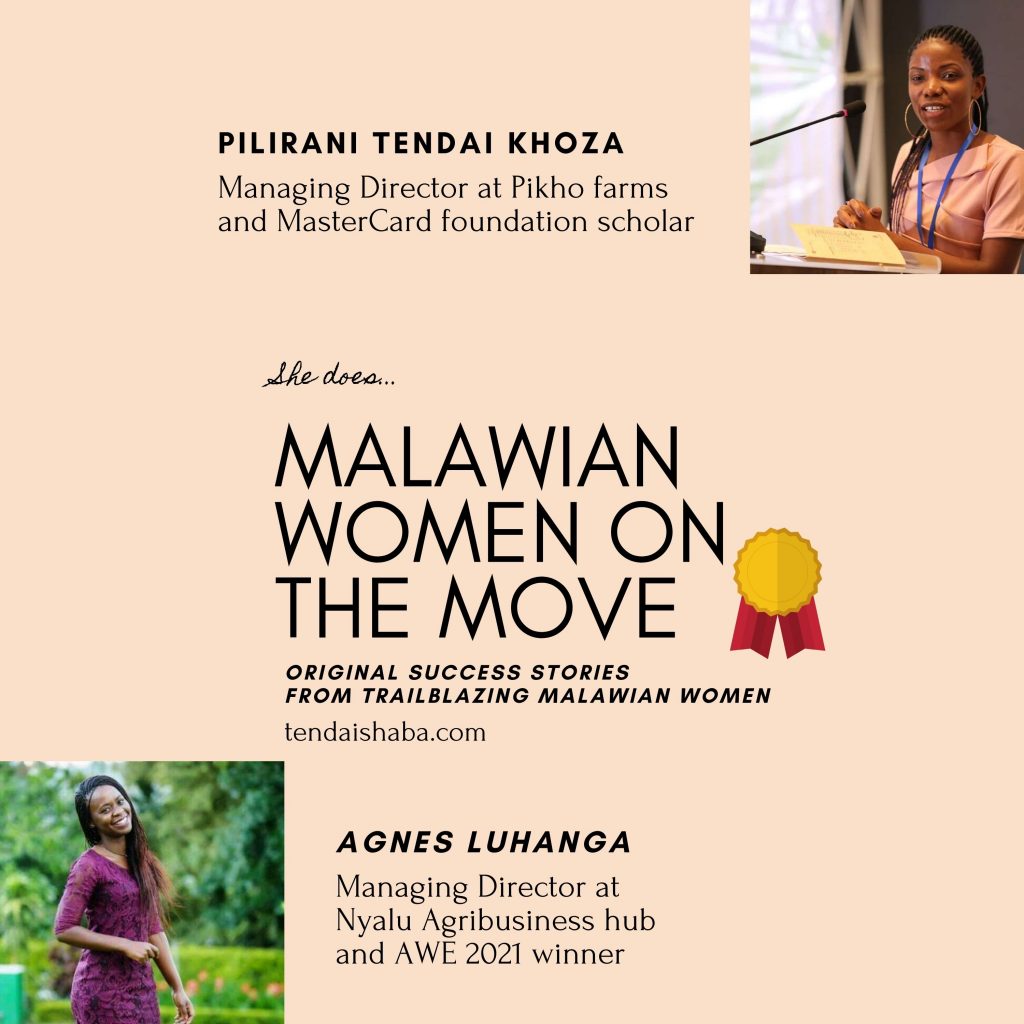CHALLENGE ACCEPTED: MALAWIAN WOMEN ON THE MOVE
In the spirit of women’s month 2021, it is a pleasure to highlight some trailblazing women in Malawi who are making some serious personal and career moves through further education and entrepreneurial ventures. In the past 5 years, Malawi has seen some women take on leadership roles and positions in the private and public sectors. However, there still is more to be done in ensuring women in Malawi are taking on more positions of power in their respective industries.
A recent study in 2020, further highlighted by the World Bank, found that Africa leads the world in terms of numbers of women business owners, and that women make up 58% in the continents self-employed population. Furthermore, there is a need to eliminate Gender disparities in business performance in Africa and supporting women owned businesses. Let’s highlight some Malawian women who are making moves in the local agribusiness sector:
Meet Pilirani Tendai Khoza, entrepreneurial farmer, Managing Director at Pikhofarms, a MasterCard Foundation Scholar, Queens Young Leaders award winner and other various prestigious awards.
TS: Pilirani, let’s get into it. You met the Queen of England! Can you take us back to that moment, how did it feel? How did it feel knowing that your efforts as a young leader were recognized with the Queens Young Leaders award?
PK: To be honest, I never dreamed of meeting the Queen and even receiving a special award from her. I heard about the Queen in my history studies in school. So in that precious moment before receiving my Award, I heard her whispering “how is Malawi”? I thought I got her right. I answered, “My name is Pilirani Tendai Khoza”.
It was unbelievable indeed I met the Queen of England. She repeatedly asked about Malawi, she narrated the 1980’s story of how she enjoyed her visit to Malawi. It was my day, an unbelievable special moment for me that year. The recognition from her added value to my work and I have been exposed to so many opportunities because of the queen’s young leaders award.
TS: Your entrepreneurial efforts have also been recognized and acknowledged by many influential people. Can you tell us more, what made you start Pikhofarms and why choose farming as the industry to explore your talents? What can you do or say to inspire other young women in Malawi to get into farming?
PK: I started farming in 2012 during my second year of undergraduate studies, the very same time I lost my Mother. I did this to support myself financially because I was really struggling. My fellow students joked about it calling me “Mlimi’’, meaning farmer. You can imagine you are in college and fellows calling you mlimi, maybe even some potential male suitors got scared (hahaha!). Additionally, combining my business and school affected my performance but I thank God I managed to balance and I completed my studies.
Today when I look back, I laugh! The same dirty venture has taken me to places and exposed me to opportunities I never anticipated. Well, my entrepreneurship has been recognized at Malawi level and also globally. I have been to several summits in the world speaking to young people about agribusiness. To my fellow youth, the future is gold in agriculture. Do not be ashamed or scared, let’s patronize the industry!
TS: Obviously, you have various prestigious awards and it required persistence to get them. You accepted the challenge and decided to move forward, but how did you handle rejection when some opportunities were not presented to you? And finally, what does Women’s month mean to you personally? Thank you.
PK: Any rejection in my life gives me momentum to attempt another opportunity that is maybe even a bigger opportunity. A simple example is the scholarship that’s currently funding my Postgraduate studies in South Africa. Before this, I applied for different scholarships but ended up getting rejected. But today when I look back, the MasterCard foundation scholarship has been my best experience. Apart from funding my studies, it has also exposed me to more opportunities.
Another example is when I applied for some fellowship programs where I got rejected. But in 2015, I was picked for a certain program where I spoke to above 4000 high level delegates where the former UN secretary Ban Ki-moon was the guest of honor. This also exposed me to so many connections. So to my friends, who are experiencing some rejection in various aspects of life, celebrate that and never give up! God has something better for you.

Meet Agnes Luhanga, entrepreneurial farmer, Managing Director at Nyalu Agribusiness hub, and one of the winners from the first Academy of Women Entrepreneurs (AWE) cohort 2021.
TS: Agnes, congratulations! Honestly, you have now established yourself as a player in the local agribusiness industry. How does it feel for an organization such as the U.S. Embassy in Malawi to provide seed capital to invest in your agribusiness? What’s your say on the U.S. government in Malawi introducing this initiative in Malawi?
AL: This support makes me feel blessed and motivated to succeed in my business. The AWE Malawi program is a great platform for new entrepreneurs to assess the viability of their businesses. The program helps participants to check if they need to restructure or remodel their business/ideas. There are also a lot of other benefits from the program such as mentorship, grant opportunities and networking. This is something that will benefit a lot of women entrepreneurs in Malawi as it will help ensure sustainable business ventures and thereby contribute towards achieving the Malawi 2063 vision which aims to transform Malawi into a wealthy and self reliant Industrialized “upper middle-income country” by the year 2063.
TS: Why do you think your pitch made it through? What was the process like? The agribusiness industry is worth billions of U.S. dollars; how do you plan to further become an impactful player in this industry? Tell us more about your agribusiness hub. What are the crucial building blocks of success in agribusiness?
AL: On our graduation day, we were told the criteria for selection was based on several factors such as how well the pitch described the problem the business intends to solve and the value proposition, the potential impact and sustainability plan. We were required to write a PowerPoint pitch presentation and to prepare a three-minute pitch video. The Program’s Implementing partner, mHub, had trained us on writing a winning business pitch presentation prior to the pitch competition itself and they gave us a template to guide us structure a business pitch. So, we had received the necessary training and support prior to the competition. The selection process was carried out by a panel of external judges. I believe the business pitch training and my dedication and enthusiasm helped me to produce a winning business pitch.
The agribusiness industry is indeed worth billions of dollars. However, it is sad to note that most farming communities in Malawi remain under-developed. To become an impactful player in agribusiness, I intend to out-scale and work even harder to tap into export markets where the billions of dollars are in circulation and to continue to change the lives of the women I work with for economic transformation of their communities.
Nyalu Agribusiness Hub is a concept I developed after completing my MSc studies in Agricultural Extension and Administration at the University of Nigeria, Nsukka, in 2017. In pursuance of that dream and with sponsorship from GIZ/Nepad, I attended training in Senegal (2018) on Agribusiness Incubation with African Agribusiness Incubation Network (AAIN), where I gained start up business know-how and became more motivated to use Agriculture as an engine for job and wealth creation. I decided to use my knowledge and skills to venture into commercial agriculture, other than tobacco farming, with my community in Rumphi District. The hub works with women farmers in Rumphi District, providing production and market support through delivery of extension services to members, value addition training and presenting itself as their farm-produce market outlet.
I am learning that the crucial building blocks in agribusiness like any business are passion, dedication, persistence and hard work against all odds.
TS: You accepted the challenge and decided to move forward, but how did you handle rejection when some opportunities were not presented to you? And finally, what does Women’s month mean to you personally? Yewo chomene.
AL: I am a believer and I always meditate on Jeremiah 29:11; “For I know the plans I have for you, declares the Lord, plans to prosper you and not to harm you, plans to give you hope and a future”. So, I always treat rejection as redirection and/or as a stepping stone. I believe my steps are ordered. For example, if I apply for a grant and I get that “we regret to inform” letter, I draw lessons from it. The process will have given me an insight and equipped me with knowledge on what grant sponsors look for and, hence, provide me the experience to do better when an opportunity arises again. Women’s month! Ideally, there shouldn’t be that special focus on women at all. We should be an inclusive society. But there is because of how deep gender stereotypes and bias are within our society. This period makes me emotional as I, like most women, have experienced gender stereotypes and bias. The fact that there is this time set aside just to appreciate women and to recognize how badly gender stereotypes and bias affect progress gives me hope for a more inclusive society.
LISTEN TO ALL THESE INTERVIEWS HERE:
Email me or call for feedback:
info@tendaishaba.com / 0880115440


